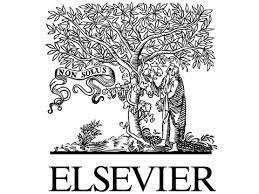In Silico Screening of Phytoconstituents and Medicinal Plants as Antidiabetic Drug Discovery
DOI:
https://doi.org/10.3390/e6dtpx88Abstract
Diabetes mellitus is a long-term metabolic disease marked by high blood sugar levels brought on by ineffective insulin synthesis or function. Two important enzymes in the metabolism of carbohydrates are alpha-amylase and alpha-glucosidase, which catalyze the conversion of complex carbs into glucose. One efficient way to control postprandial hyperglycemia is to inhibit these enzymes. Although significant research attention has been devoted to the development of diabetes regimens, which demonstrates success in lowering blood glucose levels, their efficacies are unsustainable due to undesirable side effects such as weight gain and hypoglycemia. To overcome side effects new entities were studied by using chemical constituents obtained from various plants by in silico approach to evaluate their antidiabetic activity against alpha amylase and alpha glucosidase. Molecular docking studies were used to find out affinity and interaction of chemical constituents from different plant with enzymes. In this research paper, chemical constituents from different antidiabetic plants were selected as ligands for the receptor alpha amylase and alpha glycosidase in molecular docking studies by using Schrodinger software for the inhibition of alpha amylase and alpha glucosidase activity. The molecular docking analyses presented in this study could lead to the development of potent α-amylase and alpha glycosidase inhibitors helpful in the treatment of diabetes. Molecular docking study confirmed the alpha-glycosidase and alpha amylase inhibitory activity further supported the observed % inhibitory activities.









